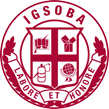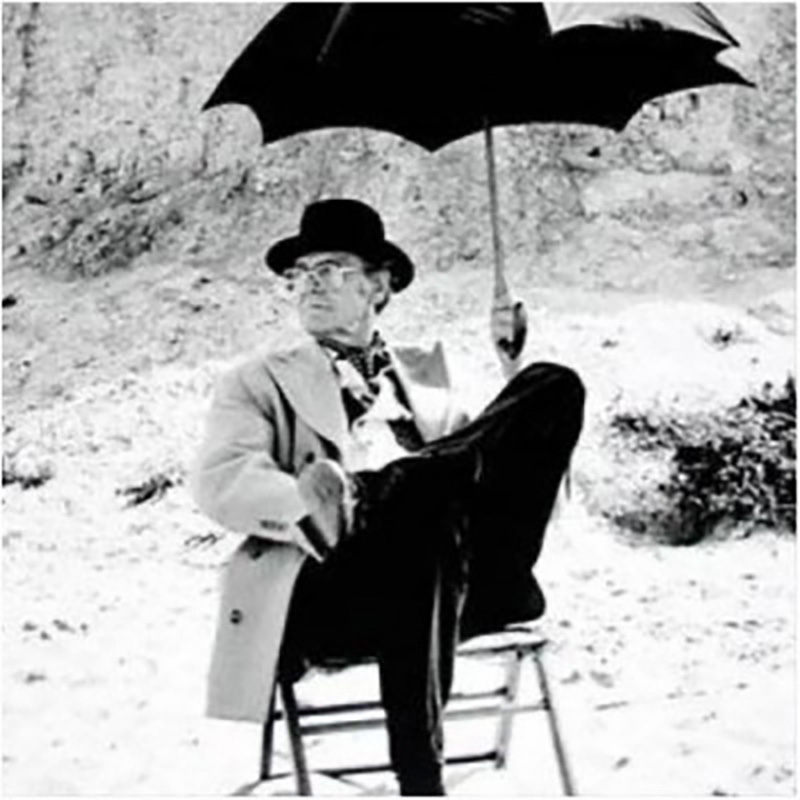
Donald Percival Savage (Class of 1940)
Donald Savage grew up on the fruit and vegetable farm of his father, Percival James Savage (Class of 1940), at Brookfield and later moved to Sydney where he studied Art, trained in Ballet and sang in opera productions. After winning the Australian Scholarship to the Slade School of Art in London, he gained a place at the Sorbonne’s L’Ecole Des Beaux Arts in Paris where he obtained a triple Master’s Degree in History of Art, Engraving and Lithography. His artistic talents and flamboyant personality launched him into the world of high fashion, where he became an international star. He inspired the name of a men’s perfume, rubbed shoulders with Elizabeth Taylor, Christian Dior and Yves Saint Laurent, represented Lanvin and Nina Ricci in Paris and later established himself in London, where he became the leading influence in fashion promotion.
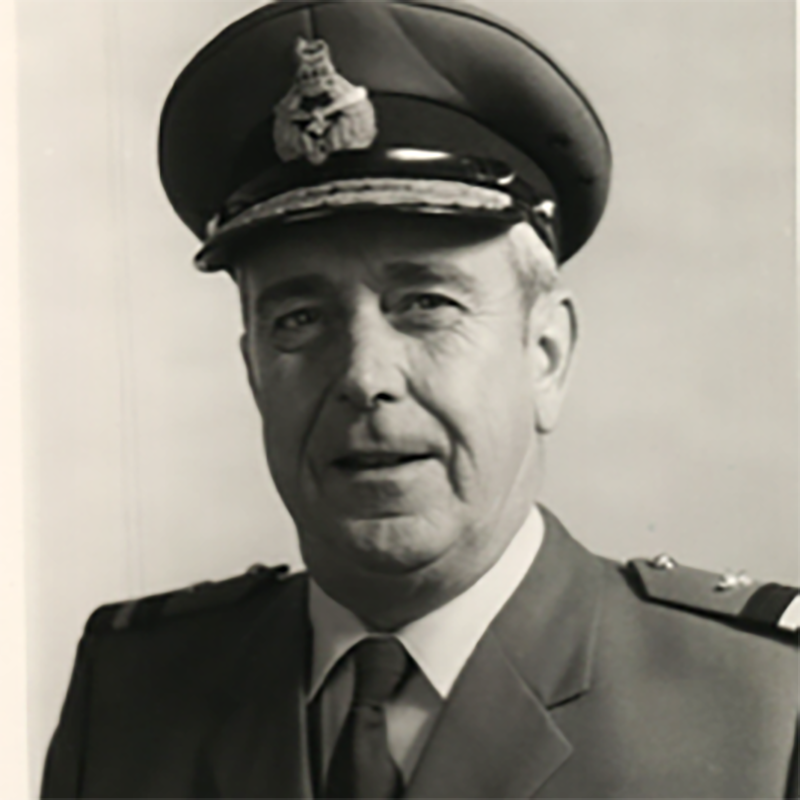
Keith Tongue AO (Class of 1940)
Joined the Air Force and rose to the rank of Air Commodore. As Director of RAAF Plans and Policy, he was responsible for the early planning and development of the Tindall base in the Northern Territory. His final posting was as Commanding Officer of the RAAF base at Richmond.
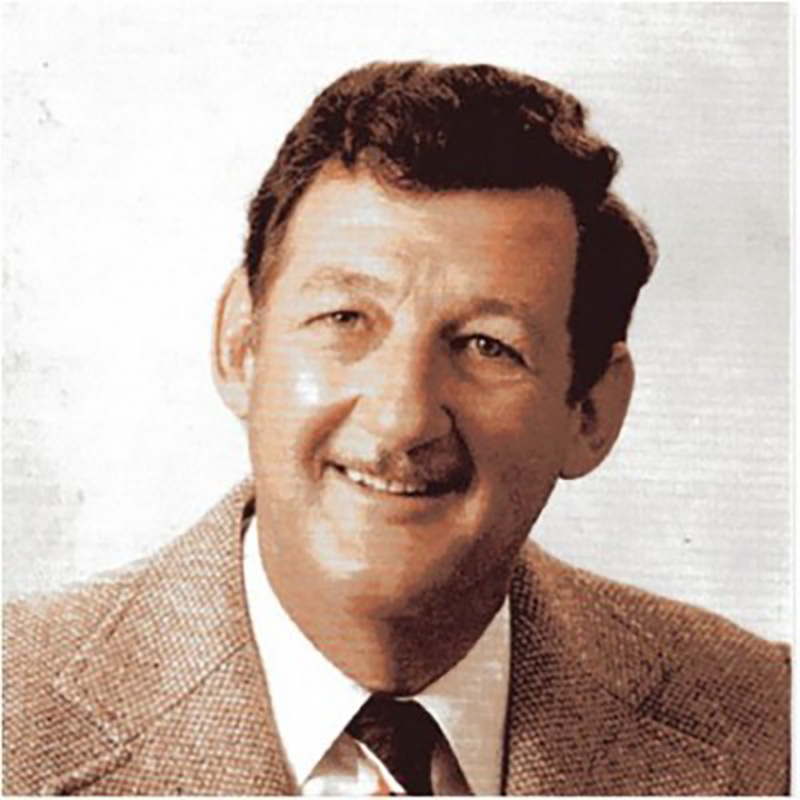
Maurice Earle Williams (Class of 1941)
Maurice Williams is still the only IGS cricketer to score a double century in GPS with 217 not out against TSS in 1941. He enlisted in the RAAF in 1941 and spent three years in England flying Wellington and Lancaster bombers. After the war, he continued his studies and became a teacher with the Queensland Education Department until 1957 when he returned to Ipswich Grammar School as Teacher and Sports Master. He passed on his flight experience as Flight Commander of the school’s Air Training Corps and coached a number of GPS 1st XI Premiership teams. He retired from full-time teaching in 1988 but maintained an interest in the school and the Old Boys’ Association. The GPS cricket trophy, the former Music block and Junior School Literacy Centre are named in his honour. #yourplaceinhistory #igs
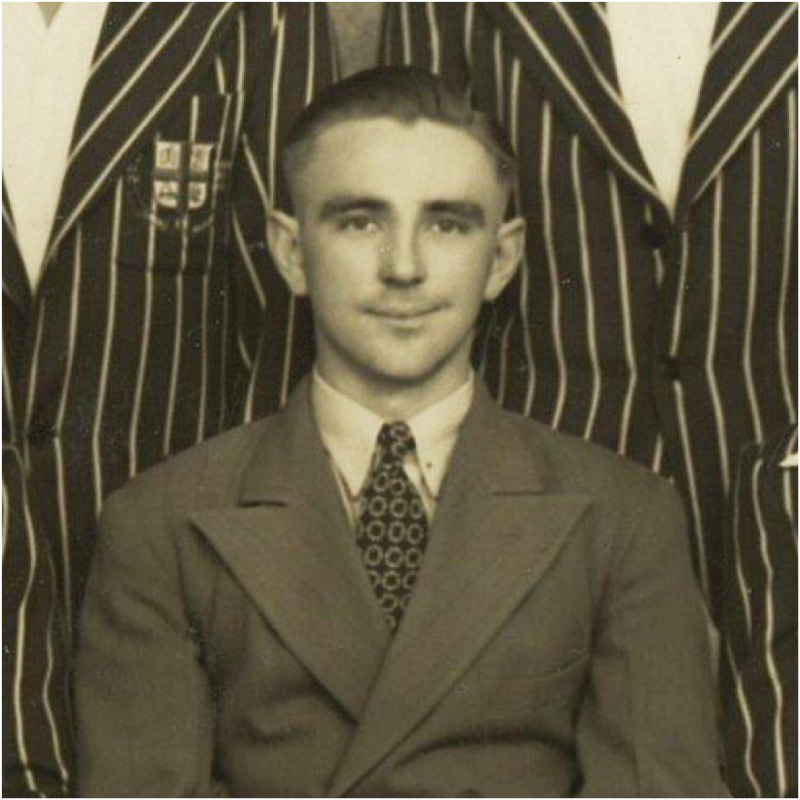
Allan Henry Ware (Class of 1942)
Was a master at IGS from 1943-64 and TSS from 1965-88. His nickname, ‘Wallaby’, derived from his selection in the Australian team for the rugby tour of New Zealand in 1949. His involvement with sport included coaching the 1st XI and 1st XV at both schools and he was for many years chairman of the GPS Sportsmasters’ Committee. A memorial to Alan Ware was established in Wallaby Ware Park, which was dedicated as part of Grammar Park Estate.
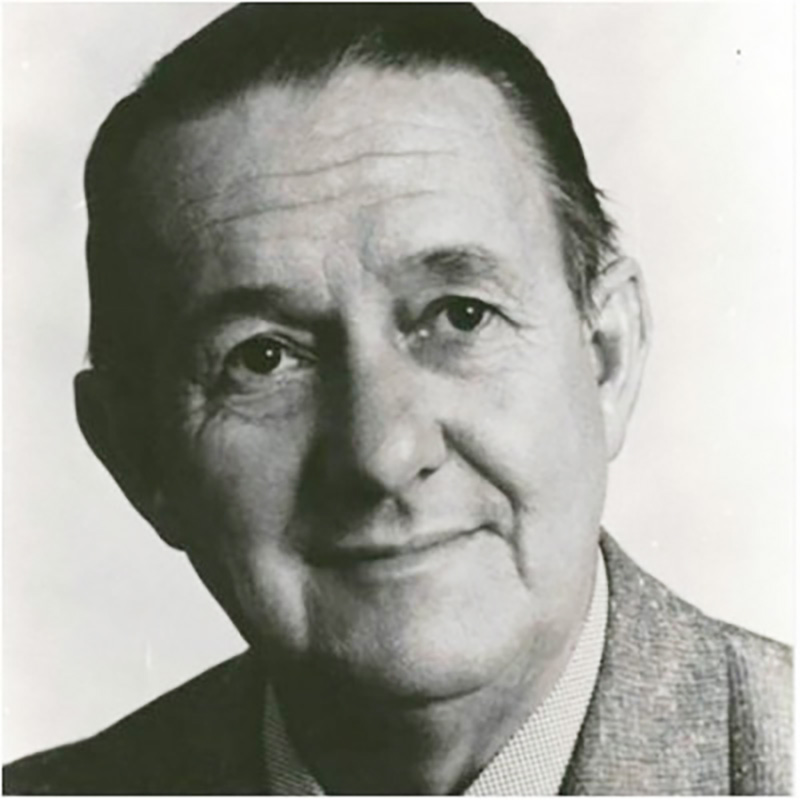
Alan Max Ladley (Class of 1943)
Alan Ladley was Ipswich Grammar School’s second Old Boy Headmaster. Ladley’s teaching career began at The Scots School, Bathurst, in 1952. Ladley then spent the next 16 years at Newington College, where he became Deputy Headmaster before returning to his alma mater in 1969. He held the position until his sudden death at the end of 1989. The Main Administration building at Ipswich Grammar School is named in his honour. #yourplaceinhistory #igs
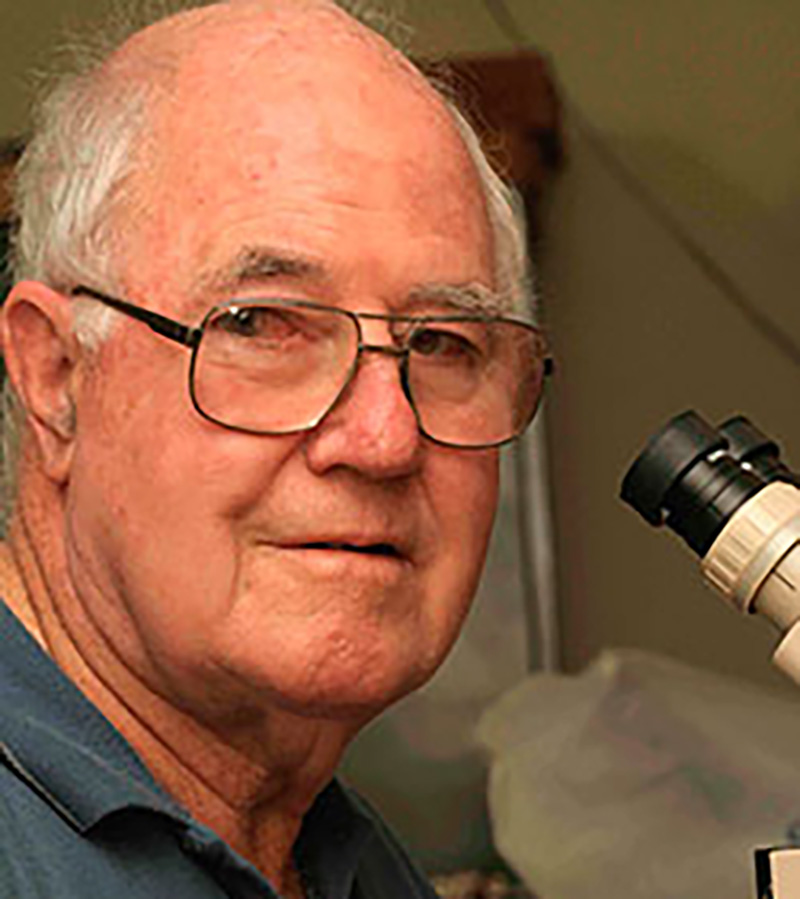
Harry Standfast AM (Class of 1948)
Harry Standfast started as cadet in the State Health Department laboratory in 1949 and completed a B.Sc. majoring in biochemistry at UQ. He served as malaria control officer in New Guinea and the Solomons where he undertook large scale insecticide trials against malaria vectors. In 1962 Standfast joined QIMR in Brisbane as research entomologist to work on surveys of arboviruses and their vectors which led to first isolation of Ross River virus from Aedes vigilax. He became a QIMR Fellow in 1982 and received an Order of Australia in 1998 for service to science in the field of entomology, particularly research into veterinary virus vectors and mosquito control.
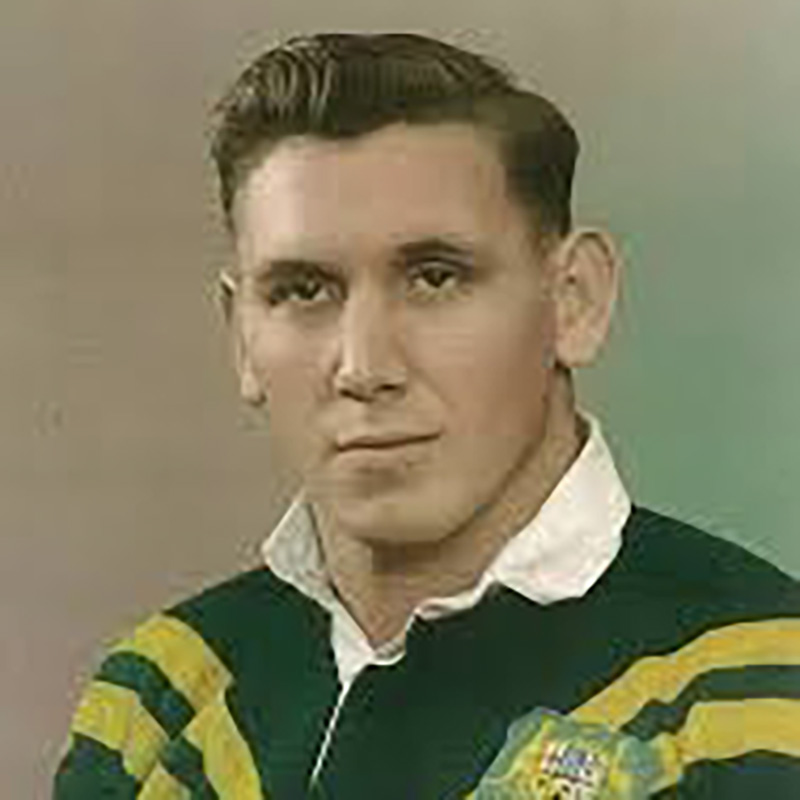
Dud Beattie (Class of 1949)
Dud Beattie was a veteran Rugby League player of 15 Tests in the front row for Australia and 19 matches for Queensland.
Born at Marburg, Beattie played all his club football for Ipswich Railways, making his Queensland debut in 1958 and his Test debut the following year. He toured Britain, France and Italy with the 1959-60 Kangaroos and returned to the UK at the end of the 1960 season for the World Cup.
Beattie retired from representative football before the 1961 interstate series but answered an SOS from an injury-hit Maroons squad in Sydney. He did enough to make Australia’s tour of New Zealand. Following the tour, Queensland met NSW again in Brisbane, winning 15-2 with Beattie making a number of telling line breaks. A second Queensland victory squared the series.
Beattie’s last Test against Great Britain in Sydney in 1962 was his most controversial. In agony from a rib injury and with no replacements allowed in those days, Beattie goaded British hard man Derek “Rocky” Turner into a fight, leading to both men being dismissed by referee Darcy Lawler. Australia went on to win the Test 18-17 to prevent an Ashes clean sweep by the British.
Beattie remained a passionate advocate of Rugby League after his retirement. He was involved in the formative years of the Ipswich Jets in the mid-1980s and was also a long-serving Queensland State of Origin and Australian selector.
Sadly passing away in 2016 just shy of his 82nd Birthday, Queensland Rugby League (QRL) chairman Peter Betros paid tribute to the “outstanding” forward who played in an era when regional Rugby League was immensely strong. “In those days, people were extremely passionate about playing for their home towns and cities and they would often play against visiting international sides,” Betros said. “Dud was right up to his elbows in all of that. After he retired, he was a great contributor and stayed involved for many years as a representative selector.” #igsoldboys
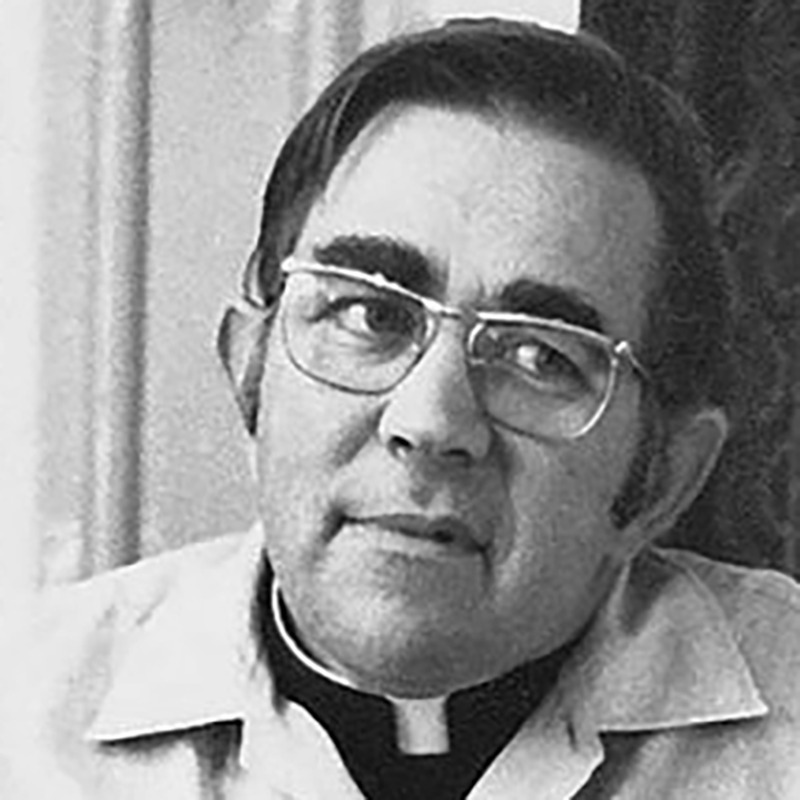
John Vernon Kestell Cornish (Class of 1949)
Became a Minister in the Anglican Church. He was eventually made Assistant Bishop of Perth. A few years later he was appointed Bishop of Tasmania, but died before he could take up the position.
